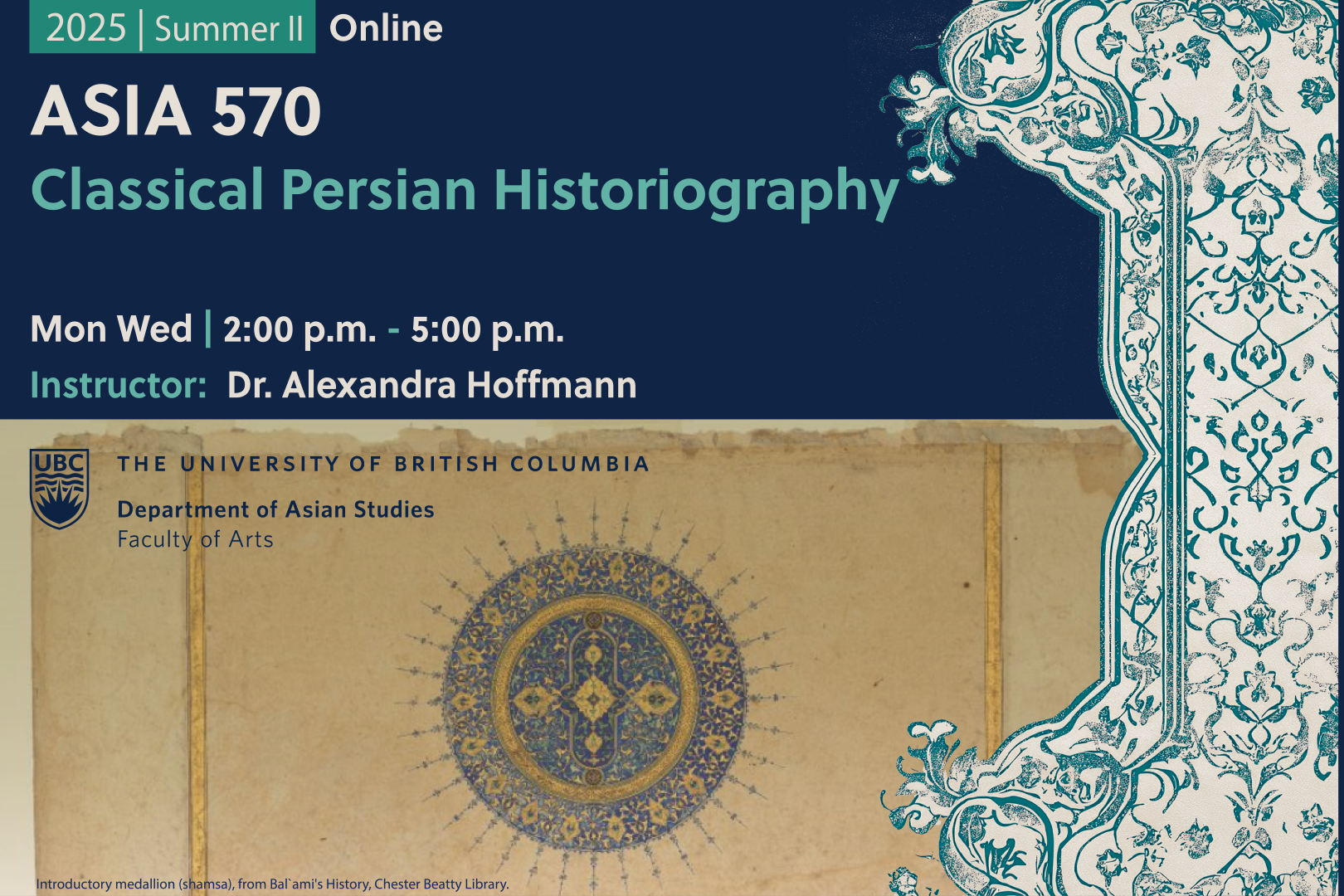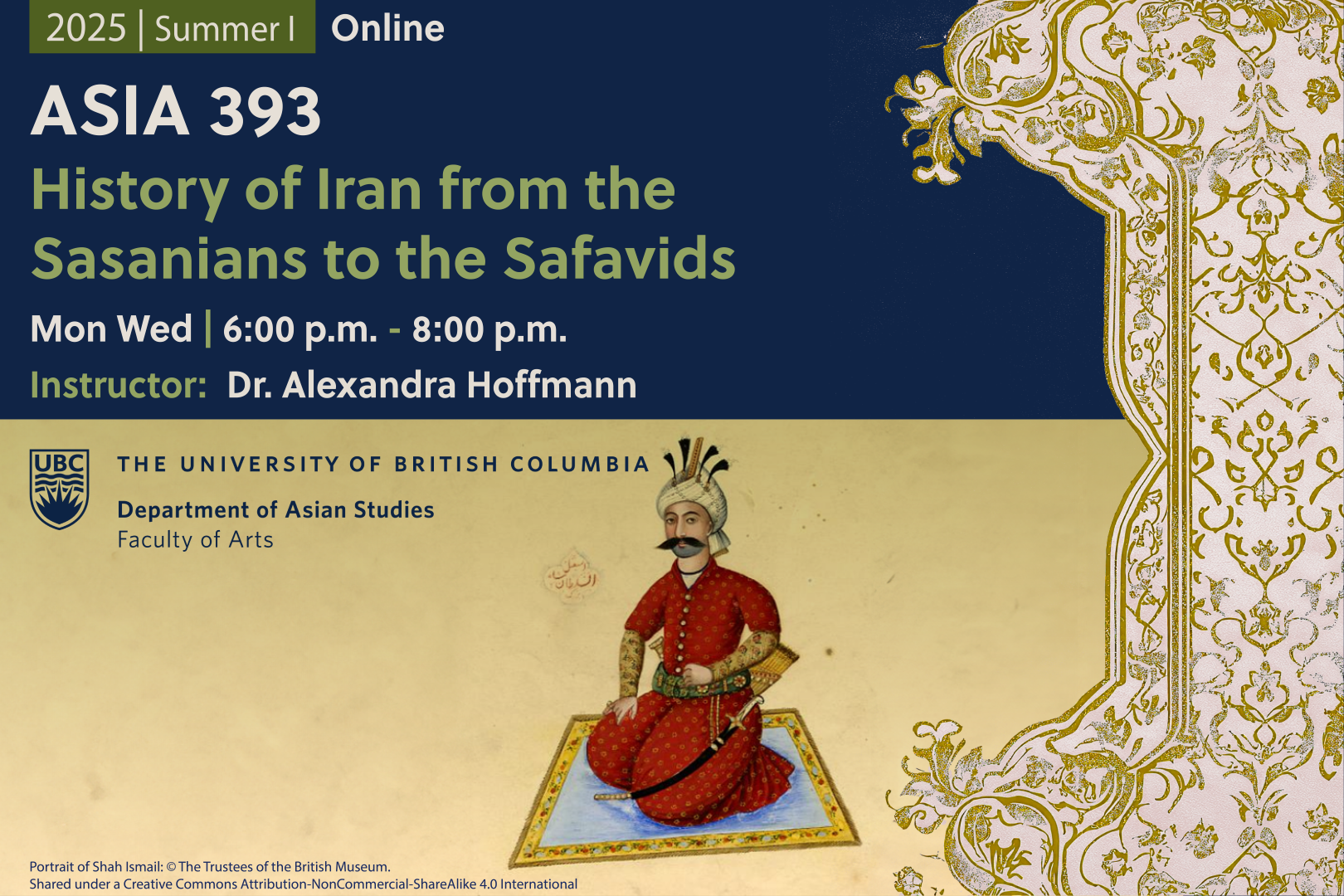Our hearts stand with the people of Iran.
From homes to streets, from silence to sorrow,
May comfort reach every soul touched by pain.
Our thoughts are with those who continue to endure loss, hardship, and uncertainty.

Our hearts stand with the people of Iran.
From homes to streets, from silence to sorrow,
May comfort reach every soul touched by pain.
Our thoughts are with those who continue to endure loss, hardship, and uncertainty.


The Vancouver Persian Book Festival will take place on Saturday, May 3, 2025, from 9:00 AM to 5:00 PM at UBC Robson Square, Theatre Room (C300) and Theatre Foyer (C305).
The festival will feature an exhibition of books from dozens of publishers and authors from Iran, Afghanistan, and abroad, alongside cultural and literary sessions, including book launches and presentations by local authors and publishers in Vancouver.
Writers, critics, and cultural figures will be present. The event is supported by publishers, media outlets, and cultural, literary, and academic associations in Vancouver.
Free and open to all.
For more information: info@farsibookfestival.org
Address:
UBC Robson Square
Theatre Room (C300) and Theatre Foyer (C305)
800 Robson St, Vancouver, BC V6Z 2E7
Parking Entrance: 977 Howe Street (Howe & Nelson Intersection)
دومین جشنوارهٔ کتاب فارسی ونکوور در روز شنبه، سوم می ۲۰۲۵ از ساعت ۹ صبح تا ۵ بعدازظهر در سالن آمفیتئاتر و فوایر دانشگاه بریتیش کلمبیا (UBC Robson Square) برگزار خواهد شد
این جشنواره شامل نمایشگاه کتابهای ناشران و نویسندگان از ایران، افغانستان و دیگر نقاط خواهد بود و نشستهای فرهنگی و ادبی نیز از جمله رونمایی و معرفی کتابهای جدید برگزار میشود
با حضور نویسندگان، منتقدان و چهرههای فرهنگی و ادبی. این رویداد با حمایت ناشران، رسانهها و انجمنهای فرهنگی و پژوهشی ونکوور برگزار میشود
.ورود برای همگان آزاد و رایگان است
:اطلاعات بیشتر
info@farsibookfestival.org
:آدرس
UBC Robson Square
Our hearts stand with the people of Iran.From homes to streets, from silence to sorrow,May comfort reach every soul touched by pain.Our thoughts are with those who continue to endure loss, hardship, and uncertainty.
Jun 17, 2025


History of Iran from the Sasanians to the Safavids

[ASIX_V 467]

Explore diverse and experiential interpretations of Islam through Sufi literature, art, music, and rituals. Interdisciplinary deep dive into the rich spiritual and artistic legacies of major Sufi figures across Islamic history inclding Attar, Mowlavi, Rumi and Hafiz.
Duration: 3 hours a week – offered in Fall semester every other year
Mon-Wed | 5:00 p.m. – 6:30 p.m.
Credits: 3
Prerequisites:
[PERS_V 480]

Accurate reading, understanding, and critical analysis of Classical Persian literary, fiction and non-fiction texts in Persian. Sections will include Classical Persian lyrical Poetry, Classical Persian Didactic and Romantic Poetry, Classical Persian Didactic and Romantic Prose, Classical Court Poetry and Prose, The earliest Animal Fables in Persian, etc.
Students must take Persian language courses in the correct sequence, based on their actual proficiency. While some pairs (e.g., PERS 200/201 or 300/301) may be taken in either order, students may not register for a lower-level course after completing a higher-level one (e.g., completing PERS 201 and then taking PERS 104 or 101).
Placement is required for most courses to ensure appropriate class placement. The Department of Asian Studies may withdraw students if their placement is inaccurate.
Enrolling out of sequence affects learning and placement integrity. Please consult the Persian language program or a placement advisor to find your correct starting point.
[PERS_V 460]

Advanced readings in Persian Sufi literature, including poetry and prose of literary giants like Attar, Mowlavi, Hafiz and Sa’di.
Students must take Persian language courses in the correct sequence, based on their actual proficiency. While some pairs (e.g., PERS 200/201 or 300/301) may be taken in either order, students may not register for a lower-level course after completing a higher-level one (e.g., completing PERS 201 and then taking PERS 104 or 101).
Placement is required for most courses to ensure appropriate class placement. The Department of Asian Studies may withdraw students if their placement is inaccurate.
Enrolling out of sequence affects learning and placement integrity. Please consult the Persian language program or a placement advisor to find your correct starting point.
[PERS_V 400]

Reading and understanding modern Persian short stories in Persian.
Students must take Persian language courses in the correct sequence, based on their actual proficiency. While some pairs (e.g., PERS 200/201 or 300/301) may be taken in either order, students may not register for a lower-level course after completing a higher-level one (e.g., completing PERS 201 and then taking PERS 104 or 101).
Placement is required for most courses to ensure appropriate class placement. The Department of Asian Studies may withdraw students if their placement is inaccurate.
Enrolling out of sequence affects learning and placement integrity. Please consult the Persian language program or a placement advisor to find your correct starting point.
[PERS_V 380]

Study of modern Persian language through culturally rich and varied material such as satire, popular culture, songs, and modern poetry and prose. (Topics vary from section to section.)
Students must take Persian language courses in the correct sequence, based on their actual proficiency. While some pairs (e.g., PERS 200/201 or 300/301) may be taken in either order, students may not register for a lower-level course after completing a higher-level one (e.g., completing PERS 201 and then taking PERS 104 or 101).
Placement is required for most courses to ensure appropriate class placement. The Department of Asian Studies may withdraw students if their placement is inaccurate.
Enrolling out of sequence affects learning and placement integrity. Please consult the Persian language program or a placement advisor to find your correct starting point.
[PERS_V 310]

Reading, understanding and participating in contemporary registers of Persian as used in newspapers, radio/TV, as well as in online news and social media.
Students must take Persian language courses in the correct sequence, based on their actual proficiency. While some pairs (e.g., PERS 200/201 or 300/301) may be taken in either order, students may not register for a lower-level course after completing a higher-level one (e.g., completing PERS 201 and then taking PERS 104 or 101).
Placement is required for most courses to ensure appropriate class placement. The Department of Asian Studies may withdraw students if their placement is inaccurate.
Enrolling out of sequence affects learning and placement integrity. Please consult the Persian language program or a placement advisor to find your correct starting point.